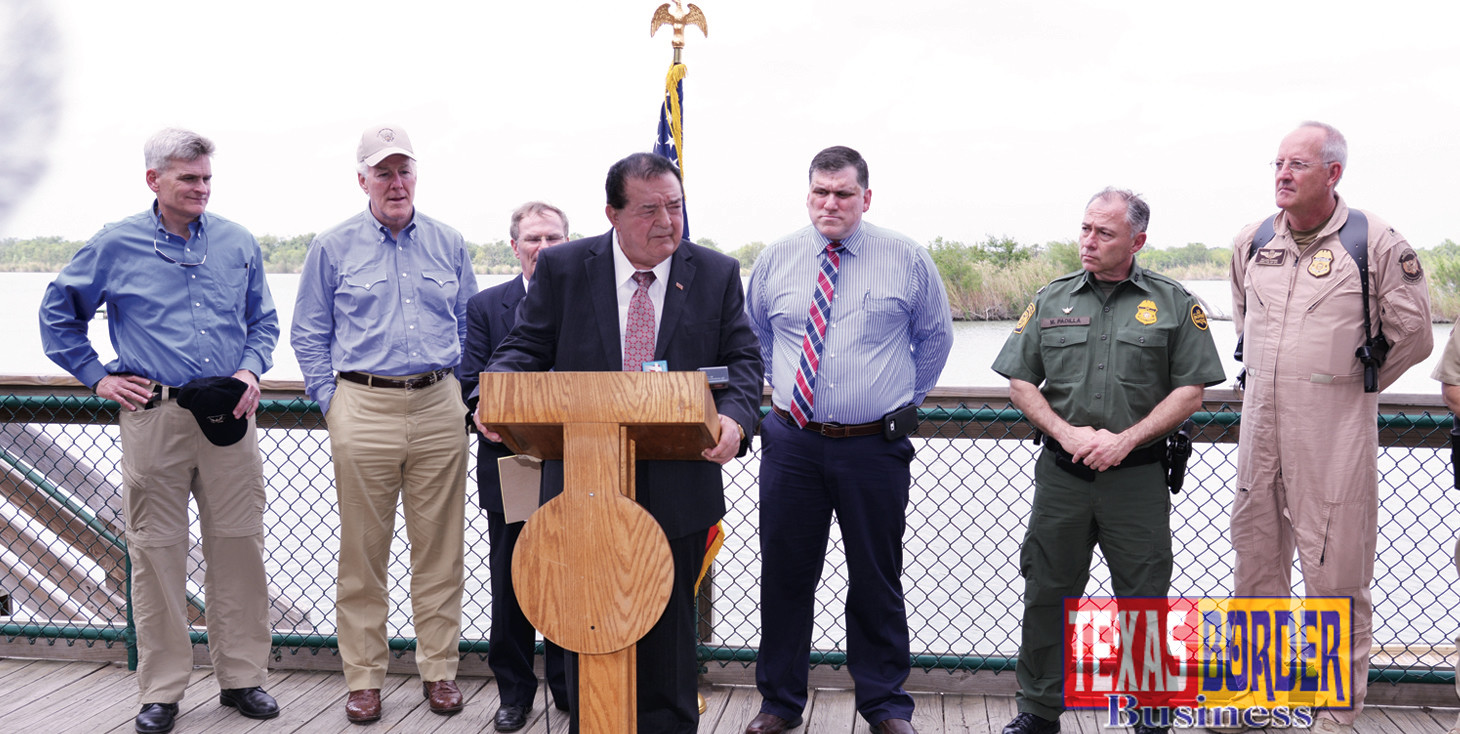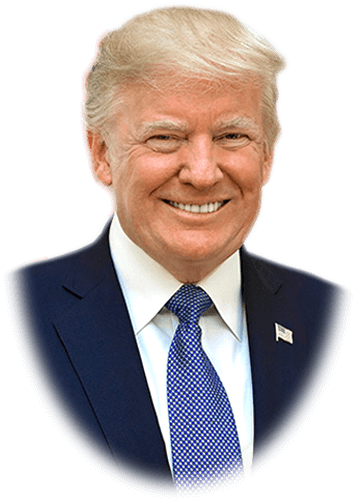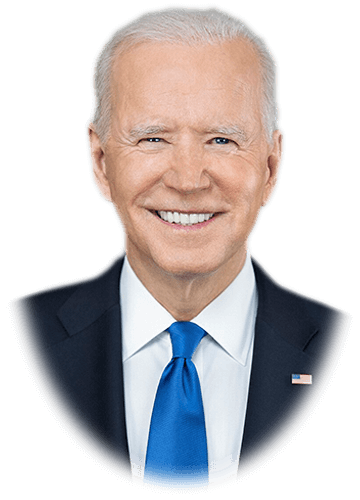
They saw first hand multimillion operations in trade with Mexico and discussed transnational criminals
By Roberto Hugo Gonzalez,
As originally published by Texas Border Business newsprint edition.
Anzalduas Park-Mission TX- Three mayor welcomed the visit of Senators John Cornyn from Texas and Dr. Bill Cassidy from the state of Louisiana. Mayors Beto Salinas from Mission, Martin Cepeda from Hidalgo and Jim Darling from McAllen were the welcoming party.
It was Norberto “Beto” Salinas, the mayor of Mission Texas who first spoke from a podium placed on a dock at the edge of the river at the Anzalduas Park.
The press conference event started after the senators retuned from a tour by air and on a riverboat of the river in the company of Border Patrol and Homeland Security officers. The podium on the US side, was directly across from an area that is better known to Mexican nationals as ‘La Bocatoma”. La Bocatoma, has been for centuries a popular playground and swimming area for Reynosa residents and adjacent communities.
“Thank you all very much for coming to Mission, Texas,” Mayor Beto Salinas said. “I want to welcome the senators to Mission. It is a very good time and place for our federal officials to meet. The last time, we had President Bush here, years ago when he was still president.” He said, “It’s so nice for them to choose the Anzalduas Park and of course the City of Mission.”
The next mayor to welcome these distinguished senators was Martin Cepeda from the City of Hidalgo. “Good afternoon ladies and gentlemen, Senator Cornyn. Good friend, Dr. Bill Cassidy, thank you for taking the time to come to the southern part of Texas of the United States. I’m pretty sure that your trip down here is going to be very thoughtful and successful as well as informative. You’ve been witnessing today how commerce is flowing rapidly and fluently here in this area.” Mayor Cepeda also said, “So I want to personally thank our senator because he’s very helpful to the very end. He’s always been a good friend of this area and he’s always looked out for this area.”
Mayor Jim Darling said, “I want to thank Chief Manuel Padilla Jr., our Border Patrol Rio Grande Valley Border Sector. He went on to welcome Senator Cassidy before his main introduction.
“I’m here to introduce our senator, John Cornyn. He’s really, really a true friend of the valley who understands our uniqueness.” Mayor Darling said, “He understand that the river behind us is not just a border, but it’s a drinking water for almost 3.2 million people. It’s irrigation water for tens of thousands of agriculture on both sides of the river. He understands in a safe border is not a closed border, that trade and commerce are not only valuable to our valley, but they’re valuable for the state of Texas and the United States. He understands that immigration reform is more than re-election, but more importantly understands these issues, our senator actually does something about them. So we’re very proud to have you here, senator. You’re always welcome. You’re a true friend of the valley.”
Senator Cornyn said, “When people talk about the border so often I think they forget the advantages of our proximity to Mexico. Six million jobs in the United States depend on bi-national trade between the US and Mexico. Sure the Mexican government has its challenges. We know safety and security of the Mexican people is very important and we are doing everything we can as part of the United States government to help them bring safety and security and prosperity to their own people.”
While his short visit Senator Cornyn was able to talk with the Border Patrol and the Department of Home Land Security about the unaccompanied minor experienced in 2014. “I remember mayors when that happened, the surge happened, it was called a humanitarian crisis, it really breaks your heart to see these young children, we just met a little girl, nine years old with her sister, six years’ old who came here from Honduras. And of course we know they came here to escape the insecurity and the danger of life in their home country, but also in hope of a better life here in the United States.”
He also pointe out, “We all understand the compassion and being able to understand, to put ourselves in other people’s shoes, at the same time I think we’re not going to be able to de-escalate some of the political rhetoric until we give the rest of America the sense that we are bringing more order and the rule of law back to the border region, and so that people are not afraid and people are not insecure. Because there’s so much that’s wonderful about this great part our state and this unique part of our country. It’s always like I said a pleasure for me to come back.”
Senator Cornyn invited to make this trip one of his colleagues in the United States Senate. Dr. Bill Cassidy is a gastroenterologist, a medical doctor by training but decided to go into politics and got elected first to the house of representatives in Louisiana and then to the United States Senate. Cornyn said that Cassidy is a great addition to the United States Senate.
Cornyn also said that he was grateful to Senator Cassidy especially that he accepted his invitation to come to the Rio Grande Valley so he could witness first hand what this unique and charming and just engaging part of the state and the country is.
He also added that for him it was really important for all of his colleagues to be able to experience first hand by themselves about what this area is all about.
Dr. Bill Cassidy is also a United States Senator from Louisiana and he said, “I came here kind of expecting what to see but actually seeing far more. I wouldn’t even start with the security. Let me just say to the mayors, there’s a lot of prosperity down here and it’s interesting because you all relate that to those points of entry where thousands of trucks enter per day. They took us through and showed us the sophistication of taking refrigerated goods through very quickly. I gather occasionally you need refrigeration in South Texas and how important that is for the economies of both. That was really good.”
Senator Cassidy was also impressed with the multi-layered process of protecting the border. “I have kept to flip back and forth because it is both those who might seek to come here illegally, but it’s also the contraband that come and there’s this kind of dual purpose of folks who are in the one hand have to confront some that may have a gun and on the other hand may have to jump into the Rio Grande to save someone who is pushed over a boat and have to save a woman’s life.” He continues, “And the fact that these public servants can handle both worlds, on one hand be ready for violence and on the other hand be ready to rescue is an incredible compliment to fellow Americans who dedicate themselves to serve.”
The senator from Louisiana was excited and in closing he said, “I thank you for my visit. It will be a visit I remember for quite some time. Thank you.”
At this point, the session was opened to Questions and Answers from the media covering this important visit by two United States Senators.
Media: “Sir, so you said you learned something new. Tell us in terms of border security what it is that you learned that’s new that you want to relate and make sure those watching can understand about the border?”
Senator Cornyn: Well, I think one of the things that came home to me once again is the fact that criminal activity across the border is not just a mom and pop operation. These are transnational criminal organizations, cartels with the presence on both sides of the border. Recently we for example passed a piece of legislation called the comprehensive addiction and recovery act. This was in response to a prescription drug crisis, opioid crisis in places like New Hampshire and West Virginia and elsewhere. But it’s also a heroin issue too because once people can’t get their hands on opioid prescription drugs, many times they then opt for cheaper heroin.
Now we know the drug traffic from Mexico that is historically the cocaine for example come from South America that that continues to be a huge challenge for our country. We are reminded though that our Mexican friends tell us, “Well, if there wasn’t so much demand in the United States, perhaps there wouldn’t be so much supply in our country.” And I think that’s a point well taken. But I think the most important thing that was brought home to me again is this is not a mom and pop operation, this engages in human trafficking, drug traffic, weapons, any other sorts of illegal activity because it’s all about the money. It’s all about these transnational criminal organizations making money and they care nothing about the commodities that they bring across the border. For example, like these young children, they’re just disposable in their mind, they’re less than human which is a real tragedy.
So that point was brought home to me again, that this is organized crime operating back and forth across the border and much more sophisticated than perhaps most people realize.
Media: Senator Cornyn. There are 300,000 people living in the valley, about a million and one that are undocumented. you’ve endorsed for president of the United States Senator Ted Cruz had indicated he would deport those 300,000 people from the Rio Grande Valley, these are members of family predominantly and it would decimate this community obviously if we would deport 300,000 people out of a million and one that are involved in our community, involved in our economy. As you’ve endorsed Ted Cruz for president, would you support his initiative to deport these 300,000 people in the valley?
Senator Cornyn: “Wrong, let me correct you. I’ve made a point of not endorsing anybody in the presidential primary because I believe rather than having the elected officials choose who the nominee should be, is should be up to the primary voters. So I haven’t endorsed anybody and I certainly haven’t embraced any idea of mass deportation. I do believe that we need to bring some order out of chaos in order to de-escalate people’s fears and concerns that we’ve simply lost control because I think what people want is an orderly immigration system, one that complies with the rule of law and one that as Dr. Cassidy said reflects our values as Americans.
Media: On your tour today, do you see a need for additional fence in that border?
Senator Cornyn: No. I think what we need is a virtual border. And as the border patrol, the experts … I’m not an expert, but I do try to listen to the experts tell me that we need some tactical infrastructure. I remember we flew over the levy system that we worked hard with Hidalgo County to pass the bond election so that it can improve flood control, but also give tactical infrastructure to the border patrol to be able to direct the flow of illegal immigration in a way that they could manage it better.
But it’s more than just physical obstacles. It’s the people, it’s the boots on the ground, and it’s the technology. We had an opportunity to see the aerial stats now that it had been fairly recently deployed and see the great advantage that that gives to our border patrol and law enforcement authorities in terms of managing the border. So yes, there’s a lot more we can do. But one of the things that I think we really, we must do is we need to make sure that we are enforcing American law particularly with regards to people who are engaged in this major criminal enterprise that’s taking place, that encompasses both illegal drugs, illegal immigration, human trafficking and alike.”
Media: Senator, how much of the legal immigration do you attribute to catch and release policies, so called catch and release policies by the current administration?
Senator Cornyn: “Well I do think we learned back in the George W. Bush administration when we had a huge influx of people that detention is important because there needs to be some consequence, and if it’s catch and release there’s no consequence and thus people will continue to come unabated. So I know that the detention facilities that are being used particularly with the single moms and young children are controversial, but I do think it’s important first of all to give them an opportunity to appear in front of an immigration judge, and if they have a case for staying in the United States because they are truly a refugee or asylee, they ought to be able to make that case.
But catch and release I think does nothing but encourages more people to come and it doesn’t deter them nor does it really give people with bona fide claims to be able to stay under our American law an opportunity to present those claims to an immigration judge.”
Media: After taking a tour of the border do you think that it’s safer than it’s been in decades like Border Patrol and such?
Senator Cornyn: “Well I know our border, the Border Patrol and our law enforcement officials are doing more and doing a better job than they’ve ever done before and part of it is that Chief Padilla was discussing lessons learned over many years and huge investments made in terms of boots on the ground and technology and just integrating a lot of those systems. Borrowing some of the technology for example that it previously been used in places like Afghanistan, these aerial stats were not previously available to the Border Patrol. So I think they’re doing better, but frankly I think they’re not being adequately supported in terms of public policy coming out of Washington, DC.
The idea that law enforcement officials should have to engage in some sort of prosecutorial discretion and allow people who are fragrantly violating our laws to stay in the United States because they’ve been told by their higher ups that you can’t enforce the law against these people unless they commit crimes like rape, murder, and other street crimes, I think is a disservice to them and a disservice to the country.”
Media: Senator, your first visit to the valley?
Dr. Bill Cassidy: “Well, long ago I gave a lecture in Harlingen on hepatitis. And so … but it’s a very different topic.
Media: I wanted to ask your visit to the Pharr International bridge, your thoughts? What did you learn there about the importance of international trade or this region for Texas for the United States or Louisiana?
Dr. Bill Cassidy: Well, Louisiana, 22% of Louisiana’s GDP is related to trade. And John and I are going to go back and forth as to which state has a higher percent of their GDP that goes in international trade. You have that border; we have the Mississippi River and that Mississippi is just as a conduit for goods from throughout the continental US abroad. So I’m very much aware of the importance of trade. It has to be trade that doesn’t work against our workers. It has to be trade that works for us. But on the other hand trade has made Texas richer, it’s made Louisiana richer.
Media: One more question. Senator Cornyn, can you tell us what’s your point over the Cuban influx?
Senator Cornyn: The Cuban influx? Well, I agree with Congressman Henry Cuellar and others who have said that there should be a single standard, not a double standard when it comes with regard to the way we treat immigrants and the preferential policy that’s available to Cuban immigrants no longer really applies because many of them are not coming across the water, they’re coming across the land. And the fact that they could gain a preferred status is above say somebody coming from some other country I think is not defensible, so I think it needs to be changed. Perhaps in the wake of some of the changes we’re seeing happening in Cuba and the initiatives of the administration we might have a chance to address that. Thank you all very much,” he finalized. TBB




















